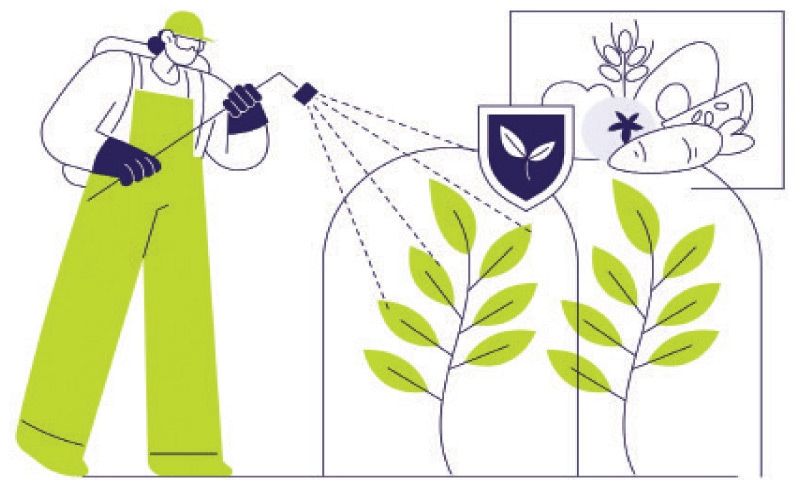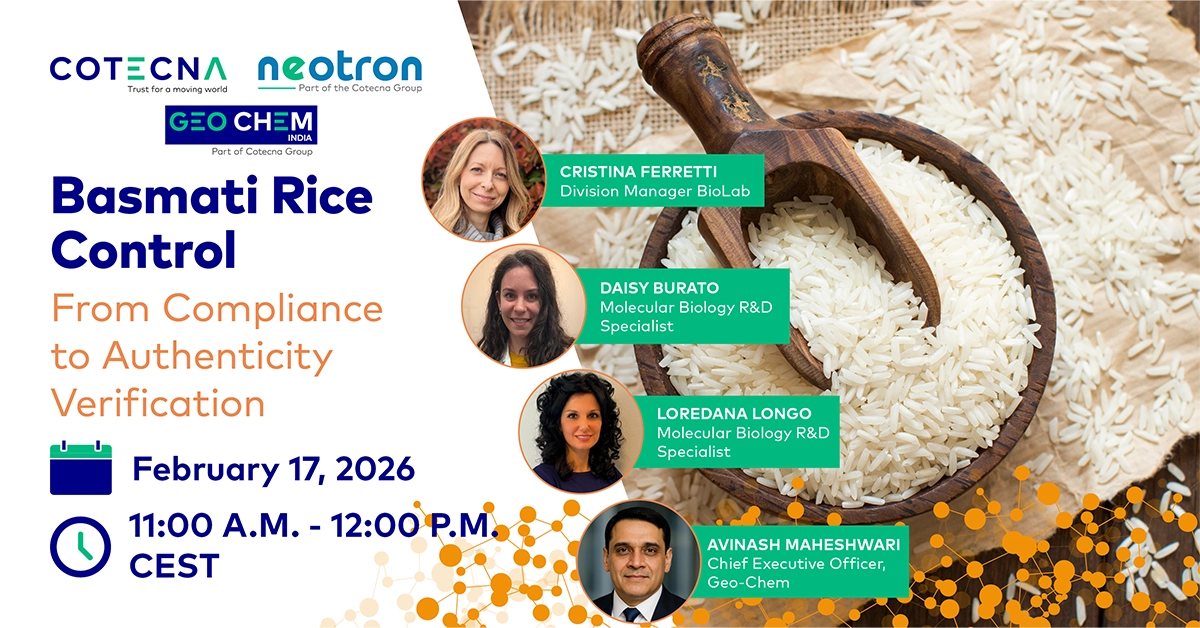Tags
Agriculture: Fixing our food — the case for biopesticides

Pakistan, like other developing economies in Asia, is confronting challenges in complying with international food standards because the prevalence of aflatoxins exceeding permissible limits and synthetic pesticide maximum residue limits (MRLs) is high.
Unfortunately, the agriculture and food authorities have neither established nor well-publicised these limits. Owing to a lack of awareness and proper guidance, the farming community — a majority of them illiterate or poorly literate — is unable to conform to the global standards on this issue.
They either overuse synthetic pesticides or apply them too close to harvest time, not leaving enough time for residue dissipation. This results in elevated levels of MRLs in their produce.
The situation at hand speaks volumes for the capacity of the value chain in checking MRLs. In turn, this affects the country’s ability to trade, particularly with developed nations, including the European Union and Japan. Many of Pakistan’s shipments, such as rice and red chillies have been rejected in the past because of the MRLs and aflatoxin issues.
The impact on the health of the local population — for whom there exists no laboratory to check the quality of food — can only be imagined, as the incidence of cancer and kidney and liver failures is on the rise.
Internationally impermissible levels of aflatoxins and pesticide residue regularly found in Pakistani produce can be rectified using organic pesticides
To cope with the problem, we must find alternative solutions to minimise aflatoxin exposure, reduce residues at harvest time and overcome trade barriers. Organic pesticides or biopesticides are one of the solutions for being environmentally friendly, specific in their mode of action, sustainable, leaving no residues, and not being associated with the release of greenhouse gasses.
These biopesticides can be in the form of phyto-pesticides or plant origin, microbial, and nano-biopesticides produced from biological agents. Biopesticides act through different mechanisms, which include the inhibition and destruction of the plasma membrane and protein translation of pathogens or pests.
Work on this front has been going on for the last couple of decades, and Pakistan began to tread the path only a few years ago. The Department of Plant Protection (DPP) under the Ministry of National Food Security and Research in collaboration with Rafhan Maize, a local food brand, developed Aflapak biopesticide to prevent aflatoxin in maize crop a couple of years ago, but it has been neither registered by the government for want of regulatory mechanisms nor has its provisional use been allowed.
The Centre for Agriculture and Bioscience International has been working on developing a guideline for a regulatory mechanism for the last four years and the task matured early this year.
Biopesticides may not give quick results like chemical-based or synthetic ones, but these are less harmful to the environment. An official of the DPP says that if a country like Somalia can use only biopesticide to control the locust onslaught in the year 2020 to save its organic fields and pastures, then there is no reason Pakistan, financially and technologically more advantaged, should not go for such solutions to save its food export industry, and its local people from diseases.
He believes that the local industry will take time to evolve its systems and paraphernalia for developing and testing its bioproducts, but multinationals may enter the field within a year after the formal start of the registration process.
A representative of CropLife Pakistan, a conglomerate of multinational companies active in farm seed and pesticide fields, said they are eagerly waiting for the government’s approval to get the technology tested by scientists who have expertise about Pakistani soil and environment.
He also said they are already planning a virtual conference to build the capacity of their own staff and others on the technology. It will be time-consuming to prepare a toxicological profile of Pakistan for this new technology because the country lacks studies on its soil, water and environment for the purpose, he added.
He pointed out that the share of biopesticides is marginal across the globe so far because they are comparatively costlier, have a short shelf life, and lack the capacity to prepare them in bulk, unlike synthetic pesticides. Another hurdle in their acceptability and commercial utilisation will be their highly specific target, which means one product may not be applicable to a variety of pests.
The DPP official clarified that biopesticides may not be used as a replacement for chemical-based pesticides; rather, they will fit in an integrated pest management programme. Organic or progressive farmers will be the first to adopt the new technology, which will be followed by the owners of their neighbouring lands, he said, while discussing the adaptability of biopesticides.
Published in Dawn, The Business and Finance Weekly, August 12th, 2024
https://www.dawn.com/news/1851765/agriculture-fixing-our-food-the-case-for-biopesticidesPublished Date: August 12, 2024







